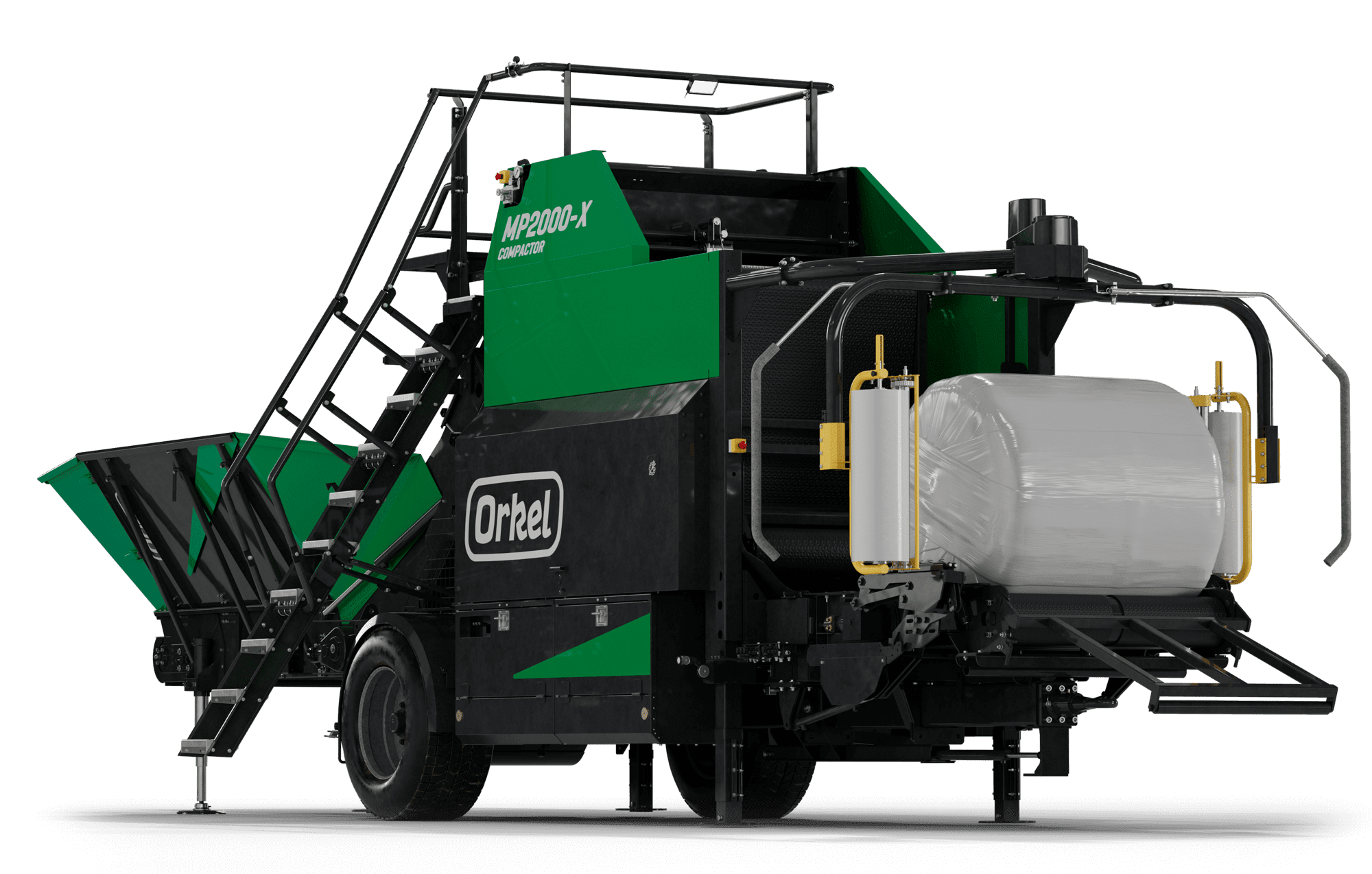Most common materials
-
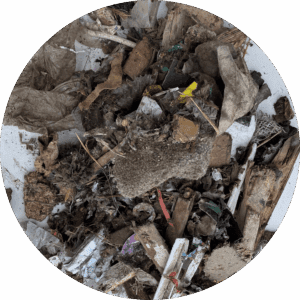
RDF (Refuse-derived fuel)
Baling RDF gives you clean storage with the fire hazard almost eliminated. It compacts the material for efficient transportation and logistics. In addition, baling RDF prevents material flyaway, odour, contamination and keeps the material dry.
-
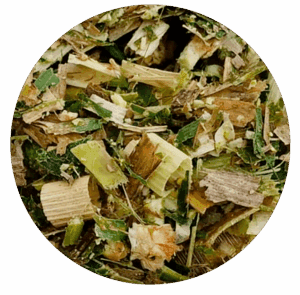
Maize / corn silage
Baled maize is compacted and wrapped in a round bale. The forage is protected from oxygen, which keeps the forage quality great. Baling also allows easy storage, handling and transport.
-
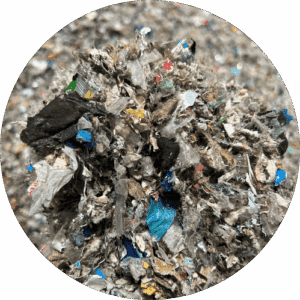
SRF (Solid recovered fuel)
Baling SRF gives you clean storage with the fire hazard almost eliminated. It compacts the material for efficient transportation and logistics. In addition, baling SRF prevents material flyaway, odour, contamination and keeps the material dry.
-
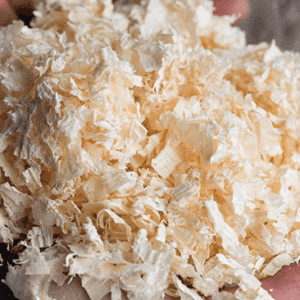
Wood shavings
Wood shavings in bales simplifies handling, reduces fire hazards and keeps the product clean and dry, even when stored over time.
-
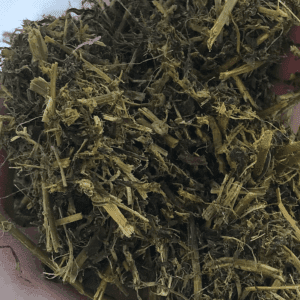
Alfalfa
Baling alfalfa gives flexibility in terms of storage and when to utilise it, reduced spoilage, conservation of nutrients and ease of feeding.
-
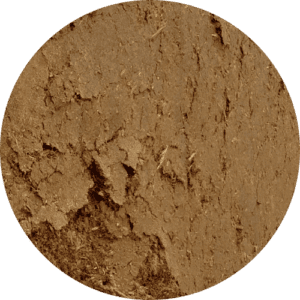
Chicken manure
Composting chicken manure helps break down the organic matter, eliminates pathogens, and reduces the strong odour of fresh manure.
Other materials
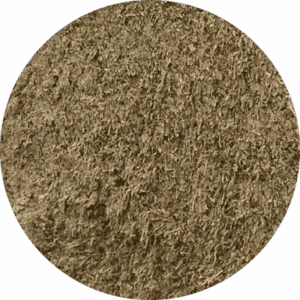
Sugar beet pulp
Sugar beet pulp is a byproduct after the sugar extraction process. It is a valuable animal feed due to its high fibre content, and moderate amounts of protein, energy and minerals.
Bales of sugar beet pulp are easy to transport from where it is produced to where it can be used, and the exclusion of oxygen keeps the feed fresh for up to two years.
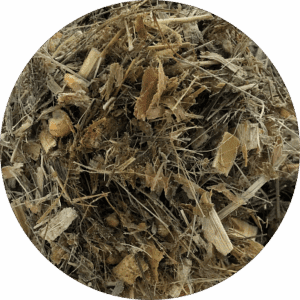
TMR (total mixed ration)
TMR is a method of feeding dairy cattle where all the required ingredients, including roughage (fiber) and concentrates (grains, protein sources, and minerals), are mixed together thoroughly before being fed to animals.
If a farmer buys a TMR mix in bales, it can be fed directly to the animals. As a result, the farmer saves time while feeding.
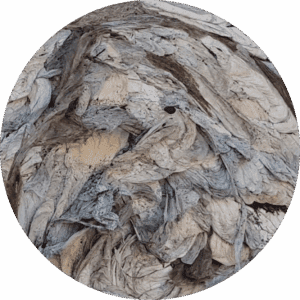
Agricultural plastic
Agricultural plastic, recycled plastic from round bales, has been baled with the Orkel compactors for many years.
Our industrial models are especially designed to handle rough, dirty and slippery materials.
Agricultural plastic bales are often transported by truck or ship, and compacted material allows you to fit 25% more on each shipment compared to transporting loose material.
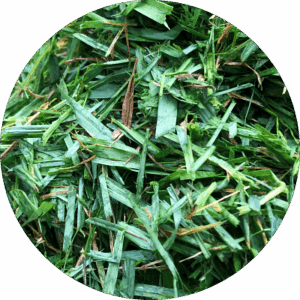
Bana grass
Bana grass is a hybrid between Babala and Napier grass, hence the name ba-na. The grass is fast-growing and was developed in South Africa as food for livestock.
It is also a great energy crop due to its extensive growth, with the possibility to harvest every 6-8 weeks.
Baling bana grass enables cost-efficient transport and long-time storage.
More materials
Hemp
Hemp, or industrial hemp, is a botanical class of Cannabis sativa cultivars grown for industrial or medicinal use. It can be used to make a wide range of products, like fibres, building materials and biofuel.
Bagasse
The term bagasse is used for the biomass waste product left after sugarcane (or sorghum) processing. Bagasse is often used as a biofuel, but can be utilized in other ways too.
Sawdust
Sawdust (or wood dust) is a by-product or waste product of woodworking operations such as sawing, sanding, milling, planing, and routing. It is composed of small chippings of wood.
Almond hulls
Almond hulls are the fibrous, outer layer that surrounds the almond kernel. They are typically composed of a mixture of woody material, fiber, and some remaining almond flesh.
Cotton seed
Cotton seed is the small, oval-shaped seed that is enclosed within the cotton boll. After cotton is harvested for its fibres, the seeds are separated from the cotton fibre during processing.
Soybeans
Soybean, an annual legume of the pea family, is naturally high in protein, ideal as forage for beef and dairy cattle.
